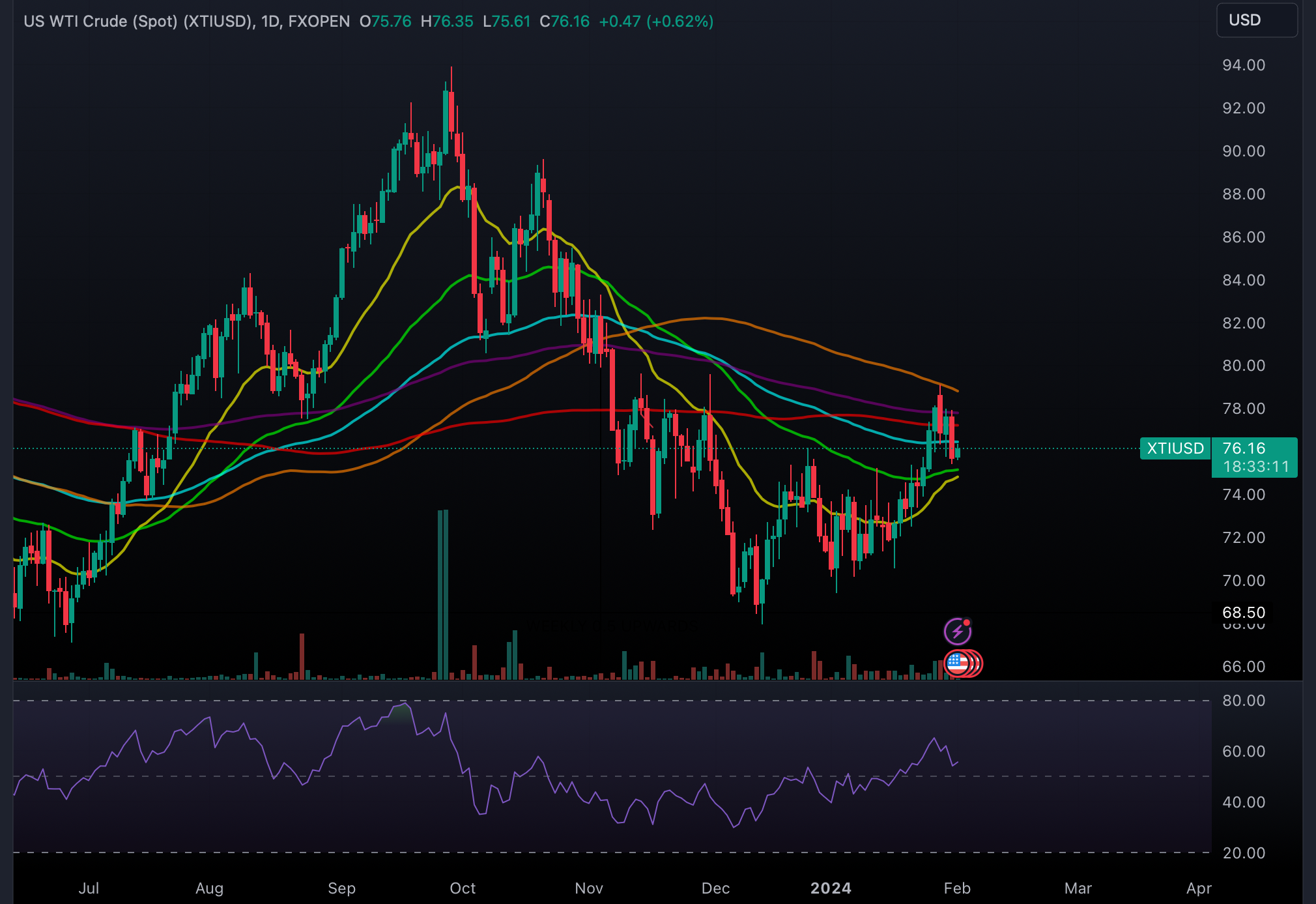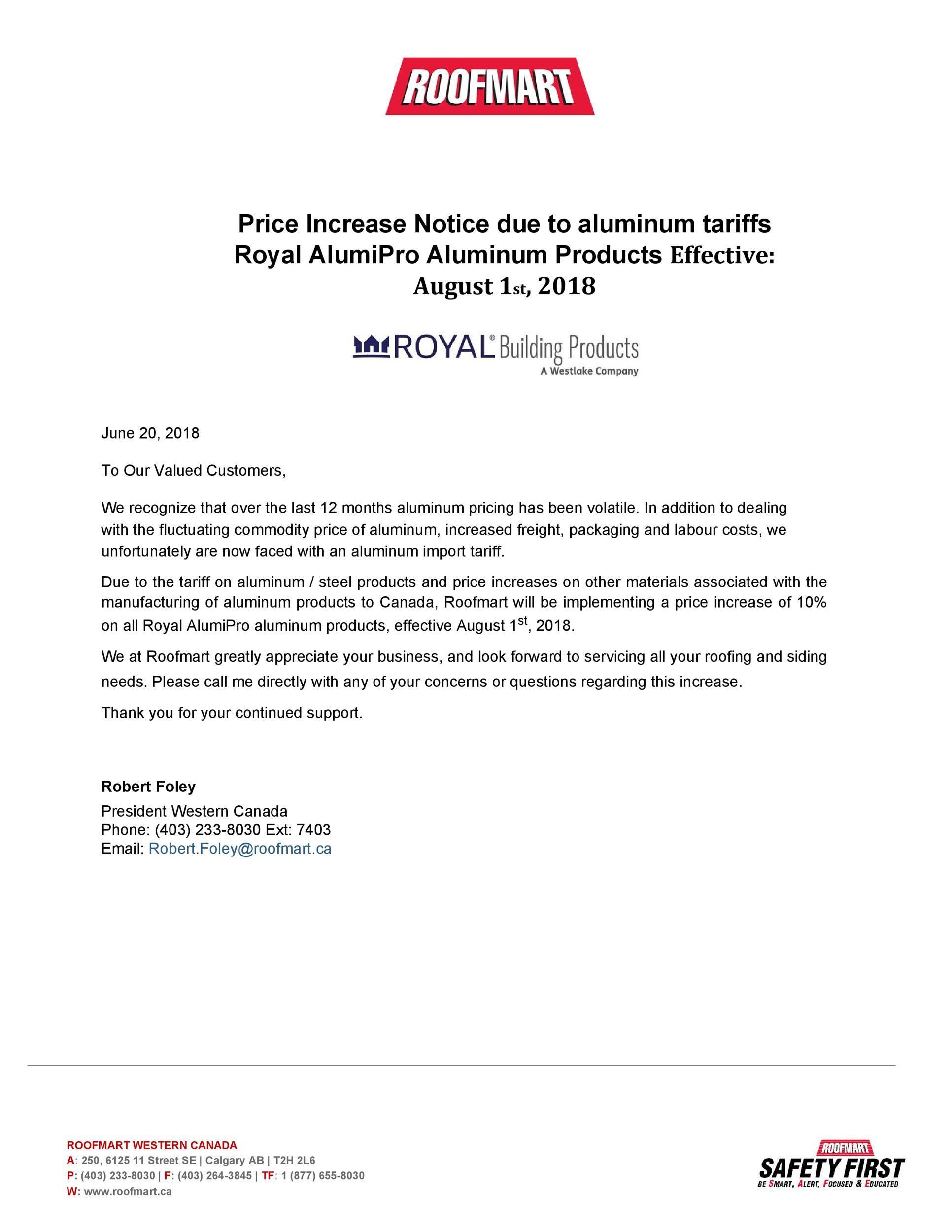Fuel Price Surge: ÖTV Tax Increase Impacts Akaryakıt Sector Fuel Price Surge: ÖTV Tax Increase Impacts Akaryakıt Sector. What's the reason behind the current fuel price hike in Turkey?

Personal Income Tax Brackets – Ontario 2022 - MD Tax - Source mdtax.ca
Editor's Notes: "Fuel Price Surge: ÖTV Tax Increase Impacts Akaryakıt Sector" have published today date Fuel Price Surge: ÖTV Tax Increase Impacts Akaryakıt Sector has become a hot topic in Turkey over the last few weeks. With the recent increase in ÖTV (Special Consumption Tax) on fuel, prices at the pump have skyrocketed, putting a strain on the budgets of many citizens.
In this guide, we will take a closer look at the factors that have contributed to the fuel price surge and analyze the impact it is having on the Akaryakıt sector in Turkey. We will also provide some tips on how to save money on fuel costs.
| Factor | Impact |
:---|:---|
| ÖTV tax increase | Increased fuel prices at the pump |
| Rising global oil prices | Increased cost of fuel for Akaryakıt companies |
| Weakening Turkish lira | Increased cost of imported fuel |
FAQ
The recent fuel price surge, largely attributed to rising oil prices and the ÖTV tax increase, has raised concerns among consumers. To address these concerns, we have compiled frequently asked questions (FAQs) to clarify the situation and provide essential information to the public.

Fuel Price Surge Expected in September: Petrol and Diesel Costs Set to - Source thereportify.com
Question 1: What factors contributed to the recent fuel price surge?
The primary drivers of the fuel price surge include a combination of rising global oil prices and the recent increase in ÖTV (Special Consumption Tax) levied on fuel products in Turkey. These factors have significantly impacted the cost of fuel at the pumps.
Question 2: How much has the fuel price increased due to the ÖTV tax increase?
The ÖTV tax on gasoline has been raised by 0.47 Turkish Liras per liter, while the tax on diesel has been increased by 0.33 Turkish Liras per liter. These tax increases have directly contributed to the rise in fuel prices at gas stations.
Question 3: What is the government's rationale for increasing the ÖTV tax on fuel?
The government has stated that the ÖTV tax increase is intended to generate additional revenue to support public services and infrastructure development. The tax increase is seen as a necessary measure to address the country's financial challenges.
Question 4: What impact will the fuel price surge have on consumers?
The rising fuel prices will undoubtedly have a significant impact on consumers, particularly those who rely on their vehicles for transportation and commuting. Higher fuel costs will strain household budgets and increase the overall cost of living.
Question 5: What measures are being taken to mitigate the impact of the fuel price surge?
The government is considering various measures to alleviate the burden on consumers, including potential subsidies or tax relief for certain income groups. However, the specifics of these measures are yet to be finalized.
Question 6: What is the outlook for fuel prices in the coming months?
The outlook for fuel prices remains uncertain. Global oil prices are subject to market fluctuations, and the government's tax policies will continue to play a significant role in determining domestic fuel prices. Consumers should be prepared for continued volatility in fuel costs.
In conclusion, the recent fuel price surge is a complex issue with multiple contributing factors. While the government's ÖTV tax increase has played a major role, rising global oil prices have also exacerbated the situation. The impact on consumers will be substantial, particularly those reliant on personal vehicles. It remains to be seen what measures the government will implement to mitigate the burden on the public.
Stay tuned for further updates as the situation evolves.
Tips for the Akaryakıt Sector Amidst ÖTV Tax Increase
![]()
Boosting line icons collection. Power, Amplify, Increase, Boost - Source www.alamy.com
The recent ÖTV tax increase has significantly impacted the Fuel Price Surge: ÖTV Tax Increase Impacts Akaryakıt Sector. Here are some tips for businesses in the sector to navigate these challenges:
Tip 1: Streamline Operations:
Review current operations to identify areas for cost reduction. Consider exploring automation, digitization, and process optimization to improve efficiency and minimize expenses.
Tip 2: Diversify Revenue Streams:
Explore additional revenue sources beyond fuel sales. Consider offering vehicle maintenance, car washes, or convenience store services to supplement income.
Tip 3: Enhance Customer Loyalty:
Implement loyalty programs, offer discounts, and provide exceptional customer service to attract and retain loyal customers who are willing to pay slightly higher prices.
Tip 4: Explore Alternative Fuels:
Consider offering alternative fuels such as electric vehicle charging stations or biofuels. This can attract environmentally conscious customers and differentiate the business from competitors.
Tip 5: Collaborate with Industry Peers:
Join industry associations and engage in discussions with other businesses. Share best practices, explore joint ventures, and advocate for policies that support the sector.
Tip 6: Monitor Market Conditions:
Stay informed about industry trends, government regulations, and global events that may affect fuel prices. Adjust strategies accordingly to mitigate risks and seize opportunities.
Tip 7: Seek Professional Advice:
Consult with accountants, financial advisors, or industry experts to gain insights into financial management, tax optimization, and strategic planning.
Tip 8: Explore Government Assistance:
Research government programs or subsidies that may provide financial support or tax incentives to businesses affected by the ÖTV tax increase.
By implementing these tips, businesses in the Akaryakıt sector can adapt to the challenges posed by the ÖTV tax increase, minimize financial impacts, and position themselves for future success.
Fuel Price Surge: ÖTV Tax Increase Impacts Akaryakıt Sector
The surge in fuel prices caused by the ÖTV tax increase has significant implications for the Akaryakıt sector, particularly concerning [1] demand elasticity, [2] supply chain disruptions, [3] fiscal policy, [4] environmental regulations, [5] economic growth, and [6] political stability.
- Demand elasticity: Higher fuel prices typically result in reduced demand, impacting fuel consumption rates.
- Supply chain disruptions: Price increases affect supply chains, creating potential fuel shortages and logistic challenges.
- Fiscal policy: The ÖTV tax hike influences government revenue and fiscal policy decisions.
- Environmental regulations: Fuel price increases can incentivize fuel-efficient alternatives and promote sustainable practices.
- Economic growth: The impact on transportation, logistics, and industrial sectors can affect overall economic growth.
- Political stability: Significant fuel price surges can contribute to social and political unrest.
These aspects are interconnected, for instance, high fuel prices can simultaneously stimulate economic growth in certain sectors (e.g., renewable energy) while adversely affecting others (e.g., transportation). The ÖTV tax increase highlights the need for a nuanced and comprehensive approach to fuel pricing policies, considering [1] demand elasticity, [2] supply chain resilience, [3] fiscal balance, [4] environmental sustainability, [5] economic growth, and [6] political implications.

FUEL PRICE SURGE: PAKISTAN'S GOVERNMENT RAISES PETROL RATES - M M - Source mmfinancials.pk
Fuel Price Surge: ÖTV Tax Increase Impacts Akaryakıt Sector
The recent surge in fuel prices in Turkey is largely attributable to the government's decision to increase the ÖTV (Special Consumption Tax) on fuel. The ÖTV is a tax levied on certain goods considered to be harmful to health or the environment, such as alcohol, tobacco, and fuel. The increase in the ÖTV on fuel has had a significant impact on the Akaryakıt sector, which includes companies involved in the production, distribution, and sale of fuel.

50 Effective Price / Rate Increase Letters (+Tips) ᐅ TemplateLab - Source templatelab.com
The ÖTV increase has led to an increase in the cost of fuel for businesses and consumers. This has had a negative impact on the profitability of Akaryakıt companies, as they have been forced to absorb some of the increased costs or pass them on to consumers. The increase in fuel prices has also led to a decrease in demand for fuel, as consumers and businesses seek to reduce their spending. This has further impacted the profitability of Akaryakıt companies.
The impact of the ÖTV increase on the Akaryakıt sector is likely to be long-term. The government has indicated that it intends to keep the ÖTV at its current level for the foreseeable future. This means that fuel prices are likely to remain high, which will continue to impact the profitability of Akaryakıt companies. The sector is likely to see a consolidation, with smaller companies being acquired by larger ones. The sector is also likely to see a shift towards alternative fuels, such as electric vehicles.
The ÖTV increase on fuel is a significant development that has had a major impact on the Akaryakıt sector. The sector is likely to see a long-term decline in profitability, and there is likely to be a shift towards alternative fuels.
Conclusion
The increase in the ÖTV on fuel has had a significant impact on the Akaryakıt sector. The sector has seen a decline in profitability, and there has been a shift towards alternative fuels.
The government's decision to increase the ÖTV on fuel was a short-sighted one. The increase has had a negative impact on the economy, and it has led to a decline in the standard of living for many Turks. The government should reconsider its decision and reduce the ÖTV on fuel.